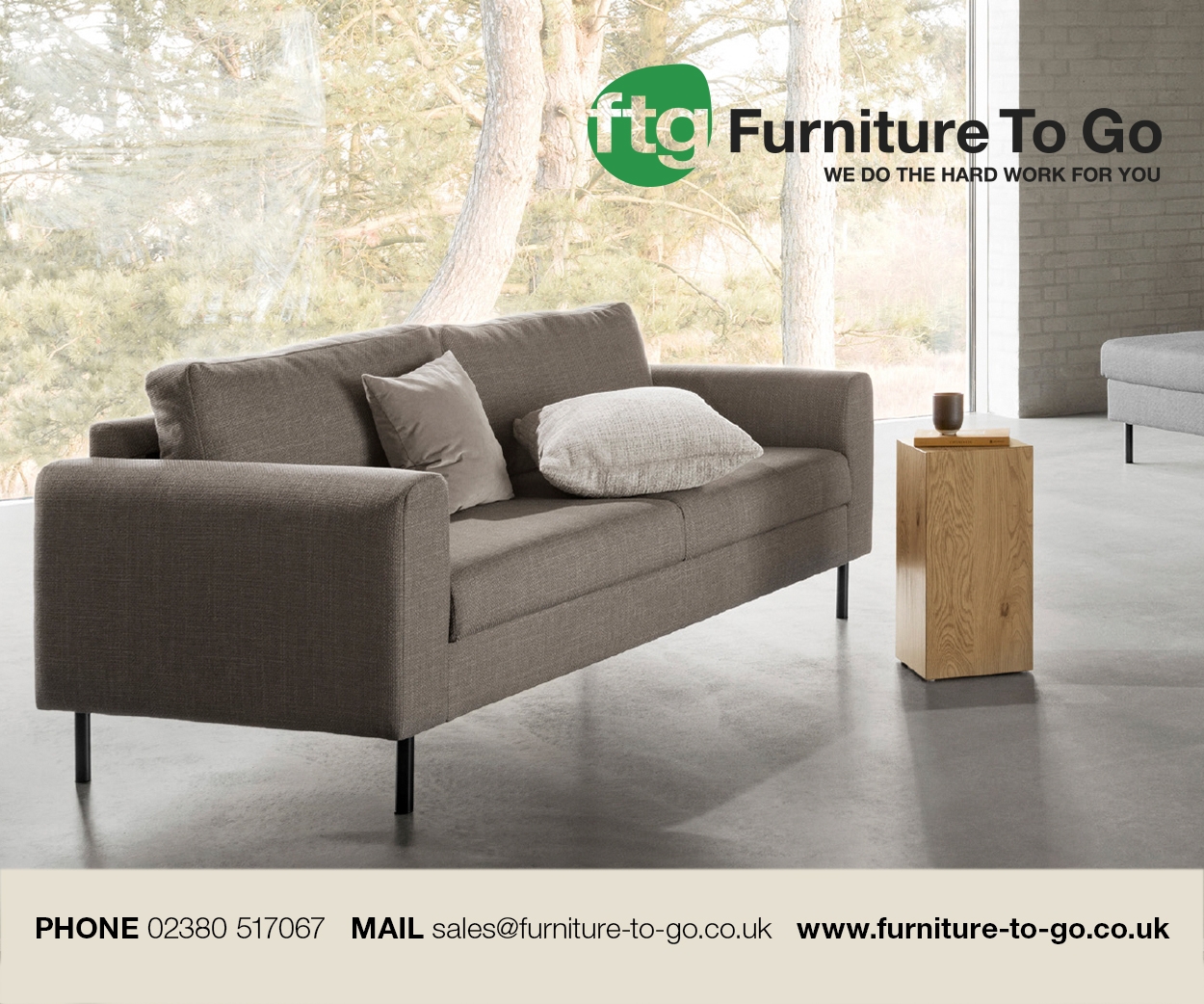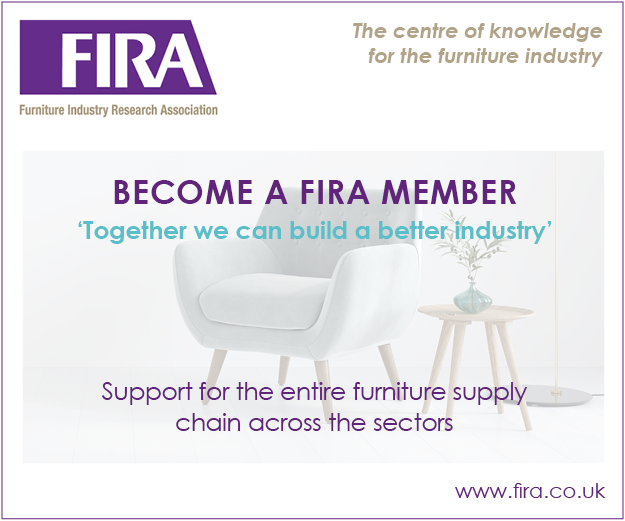Furniture retailers invest heavily in attracting and retaining customers, but many focus solely on converting the sale, rather than on what occurs after the checkout process. However, what happens in that last mile between payment and delivery is critical to customers’ perception of a brand as it can influence both whether they decide to keep that purchase, and if they’ll shop with the retailer again, as Frank Lochbaum, managing partner at retail consultancy KPS, explains ...
As the saying goes, ‘It’s not a sprint, it’s a marathon’, and furniture retailers certainly need to look to play the long game when it comes to customer satisfaction and retention by paying keen attention to the last mile in the customer journey marathon.
To optimise the last mile delivery experience and the retention, retailers need to address three key areas: convenience, customer service based on transparent and end-to-end business processes.
Convenience
Convenience falls into two categories – speed and choice. Customer expectations are constantly increasing in terms of speed of delivery, this is in part due to the likes of Amazon Prime Now with its one-hour delivery service and UberRUSH, which is offering real-time, on-demand delivery services to avoid costly bottlenecks during busy times.
Choice
As well as speed, consumers demand choice via a range of fulfilment options to get their purchases to the most convenient location at a time that suits them. To keep up, retailers need to not only consider home/work delivery options, but others such as order in-store for home delivery.
And it’s not just collections – it’s also returns that are critically important to shoppers. The two key questions on shoppers’ minds are typically: ‘Where can I return an item?’ And ‘are returns free of charge?’ This is further highlighted by our recent survey findings, as 57% of those polled said free delivery would directly impact on their decision to buy and 51% said they would not order from a company that does not have a free returns policy.
When it comes to customer service, no matter how shoppers choose to have their orders fulfilled, the quality of the service they experience has to be consistent during the whole process – from ordering through to delivery – as this can directly impact on whether they choose to shop with a retailer again.
But it’s not just about that customer shopping again, their last mile experience can influence others as they share their positive or negative experiences with their family and friends, and even to the wider community through social media.
This is just one reason positive customer experiences are essential in the furniture sector as customers tweeting about poor levels of service to hundreds, or even thousands, of their followers – all of which are potential customers – could have disastrous effects on a company.
Business processes
Customers’ last mile expectations are high – and to compete, retailers should keep innovating their business processes.
However, there’s a big problem here as so many furniture retailers are trying to innovate using legacy systems, that either cannot accurately respond to customer activity in real-time, or do not have the technical agility to respond efficiently to customer demand.
This is where radical change is needed. If the technology retailers have now is not enabling them to meet shoppers’ needs and therefore retain them, it never will. Problems with processes is what stops most retailers from optimising their customers’ end-to-end experience.
So instead of trying to bring out-dated business processes up to speed, any effort and budget would be much better spent on starting anew with technology that is up to the job; that can enable rapid transformation and centre processes around today’s – and tomorrow’s – consumers’ needs.
Not only does technology and process innovation make it easier to respond to customer expectation, but it also makes it more profitable for retailers. It’s easier for them to fulfil based on inventory availability in all locations, and to categorise their choice of fulfilment location and service based on the value of the customer – and given the pressures being placed on delivery margins, this opportunity to become more cost-effective is extremely valuable.
Essentially, processes need to be aligned with shoppers so they’re not only happy with their experience, but they come back for more. Customer retention is a key factor towards overall business success and retaining existing, loyal customers is a cost effective and profitable strategy which can be relatively simple to achieve. Ideally, retailers need to be operating at a level that current shoppers are satisfied and their expectations are consistently met, while positive experiences encourage new shoppers to convert into loyal brand advocates.
There’s no doubt that sometimes the last mile may seem more like a full marathon. But by pushing through the pain barrier – and adopting new technology with effective new business processes – furniture retailers can better experience the euphoria of successfully crossing that all important finish line and encourage customer retention, meaning they’ll be in a fitter position to begin the next journey.












